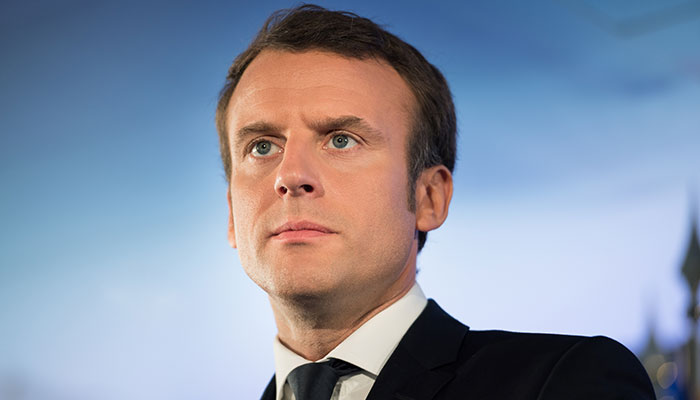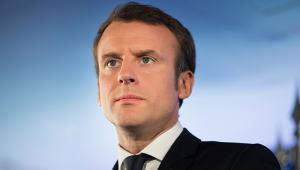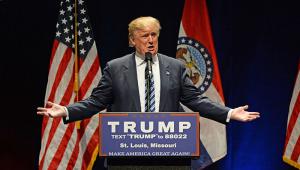web_emmanuelmacron_shutterstock_618031208.jpg

Emmanuel Macron, French president. Shutterstock
Macron won easily against his far-right opponent Marine Le Pen in the poll yesterday, with 66.06% of the vote to her 33.94%.
He will now become, at 39, France’s youngest ever president, and one that headed off perhaps the strongest threat from the country’s far right in its history.
In his first speech after the results were announced, Macron vowed to bridge the divisions that had led such a large portion of voters to cast “extreme votes”.
“My responsibility will be to bring every woman and man together, ready to confront the immense challenges awaiting us, and to act,” he said, promising to celebrate pluralism and launch a new dawn in public moral standards.
Having never before held elected office, Macron will now take the helm of a country plagued by economic stagnation and widespread unemployment and the ever-present threat of terrorism. France has been in a state of emergency since the November 2015 Paris attacks.
After resigning from his post as economy minister in the government of his predecessor François Hollande, the new president must also make substantial gains in upcoming legislative elections or face being hamstrung by the lack of any support base in the French national assembly.
His nascent political movement En Marche! has no MPs, meaning he has to win a parliamentary majority from scratch in the elections in June – an outcome far from guaranteed despite his decisive presidential win, much of which can be attributed to voters uniting behind Macron to keep Le Pen out.
Otherwise, he faces being politically paralysed by a hostile parliament and potentially even an opposition prime minister.
While anti-establishment sentiment in France – which also characterised the UK’s Brexit vote and the ascendance of Donald Trump to the US presidency – was epitomised by Le Pen, Macron’s win also marked a breakdown in traditional French politics.
The election was the first time the country’s two mainstream political parties had been knocked out in the first round of voting since the Second World War.
That’s not the only reason this election was extraordinary: it saw anti-immigration Le Pen’s Front National clawing its way from the fringes with a projected 11 million votes, an historic gain; turnout was the lowest in decades as millions abstained in protest; and it was dogged by corruption scandals and claims of external interference, in particular from Russia.
On Friday night, an hour before a French media blackout ahead of the vote, a cache of hacked En Marche! files, reportedly mixed with some falsified documents, were published online in an attack that bore some of the hallmarks of the hack on the Democrat party in last year’s US election.
As Europe, investors and liberal observers worldwide breathed a sigh of relief that the business- and EU-friendly Macron had held off what is seen as a tide of populism, analysts warned that optimism should be tempered.
Jessica Hinds, European economist at Capital Economics, noted that Le Pen is looking to rebrand and normalise her party, while Macron’s growth-boosting reforms, starting with an overhaul of France’s rigid labour market, may have to be watered down.
“We remain cautiously optimistic that Macron can deliver at least some of his reforms. But it will not be an easy task,” she said, noting that any failure may serve to bolster further support for his populist rival.












